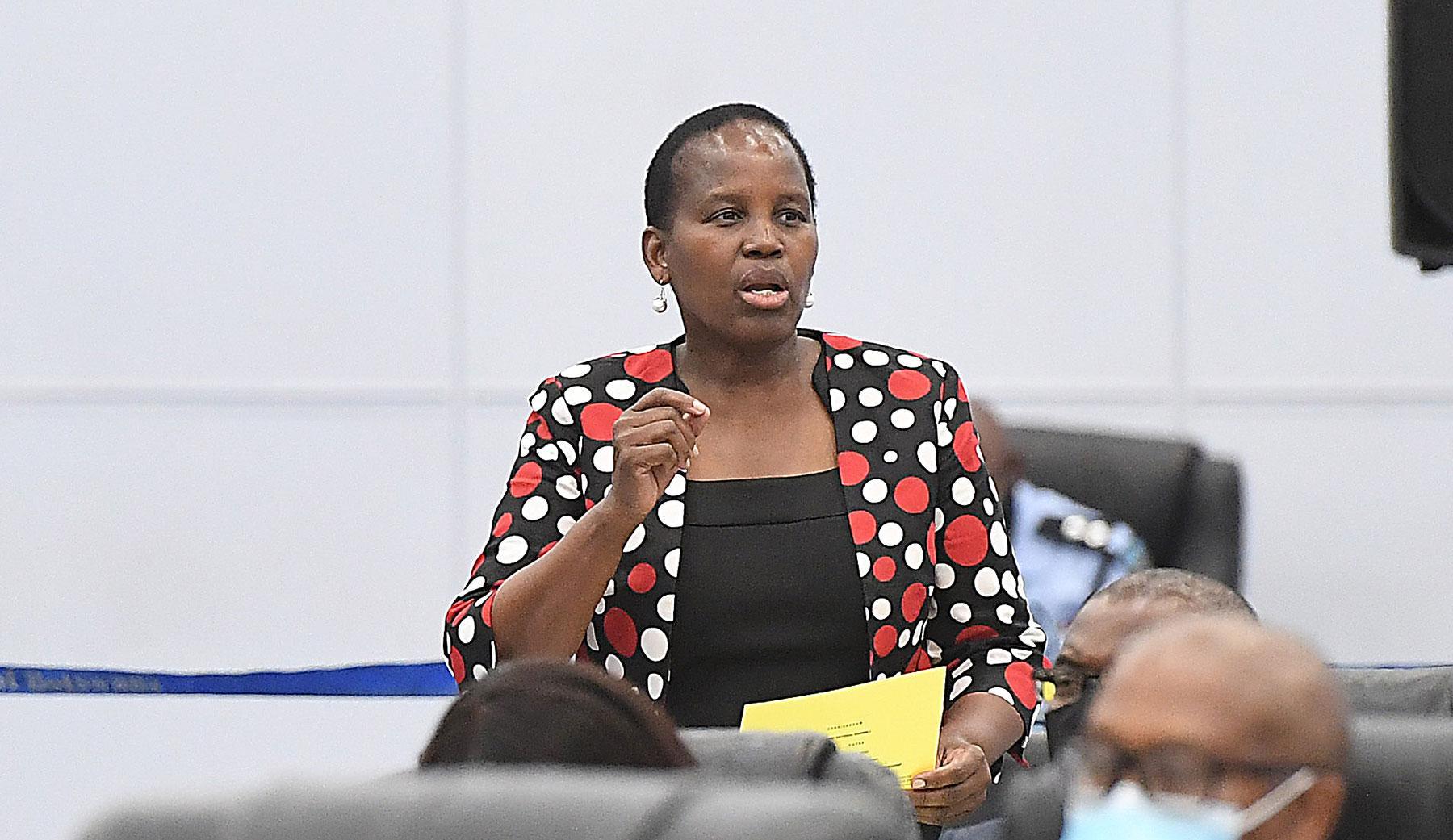Africa-Press – Botswana. Leshibitse in the Kgatleng District is uniquely positioned to be a major player in the country’s economic recovery.
Presenting a motion in Parliament on Friday, Kgatleng West MP, Dr Unity Dow said with political will and commitment from government, funds could be easily sourced through the Green Climate Fund for implementation once the motion had been adopted. The motion requests government to consider declaring Leshibitse a horticultural economic area and recognise residential homesteads as small horticulture holdings, facilitate drilling of boreholes and communal boreholes and support the necessary infrastructure.
All that is required is for the relevant ministry to put together its expertise and come up with a climate smart project memorandum and sign it off in order to access funding, she said. She said the memorandum could clearly state that the project would be carried out using organic fertilisers and pesticides, as well as climate smart technologies such as solar boreholes. Giving a brief description of the village, Dr Dow said Leshibitse had a total population of 700 people and 38 boreholes that supply the Masama project ‘that tells you that there’s plenty of water underground’.
“We are told that the whole area, from Artesia to Leshibitse, has an underground lake. So, I am inviting the government to raise that lake so that it can be useful,” she said.
She said Leshibitse was home to very fertile soils, only three kilometres from the A1 road and had portable water, electricity and a tarred road leading right into the village. Despite being a small village, she said Leshibitse had potential for economic development that government could tap into, to feed the nation and also export some of the surplus produce.
“It has only one primary school, a health post, a police post and a wildlife post. And it has slates deposits that I understand the belt stretches from Leshibitse all the way to Mookane, which is another potential for economic development,” she said.
For that reason, Dr Dow said the motion also supported President Advocate Duma Boko’s position that the country could not afford to continue doing things the way they were being done in the past. To change the country’s economy, the MP said there was need for one to think outside the box and come up with other means of diversifying the economy away from diamonds.
Leshibitse, she said had access to the railway line that runs right through the village and was also close to the Artificial Insemination Centre in Sebele. In that regard, the Kgatleng West MP said potentially everybody in the village should be rich or at least have a great livelihood, but that was not the case.
“Here’s a unique village with all this potential, so what are we going to do about it? It’s possible to turn around this area to become a horticultural zone,” said the Dr Dow.
She said the area already had portable water and some farming activities already taking place, making it a critical location for agricultural production. Dr Dow expressed concern that currently most of the food in the country was imported. She said the motion presented an opportunity for the country to be food sufficient. With the village being along the A1 road, she said this also presented an opportunity for market access and other downstream activities and industries.
“If you decide to make this village a horticultural economic area, in 10 years time, you will have learnt a lot about the project and will be in a good position to replicate it in other potential areas for horticulture,” she added.
The MP said horticulture is important because it is not just a standalone industry, as it supportes other industries through its diverse value chains. She said there was also no chance of contaminating underground water, or cross-contamination, when drilling communal boreholes in the area, since there was already clean water available.
“I’m asking the government to strategically locate boreholes in the village where they can be accessible to the villagers,” she said.
Although there was already farming activities happening in Leshibitse, Dr Dow explained that her motion did not seek to request government to support the big commercial farmers that were already there. She said the motion was meant for government to raise smaller farmers, so that they could join in the horticulture space.
Every homestead in the village, she said, was potentially a small holding with an average residential plot size of 40 by 40, which was slightly less than a quarter of a hector. She said this size of land in many countries was a sufficient piece of land for someone to grow something to be able to sell and improve their lives.
For More News And Analysis About Botswana Follow Africa-Press






